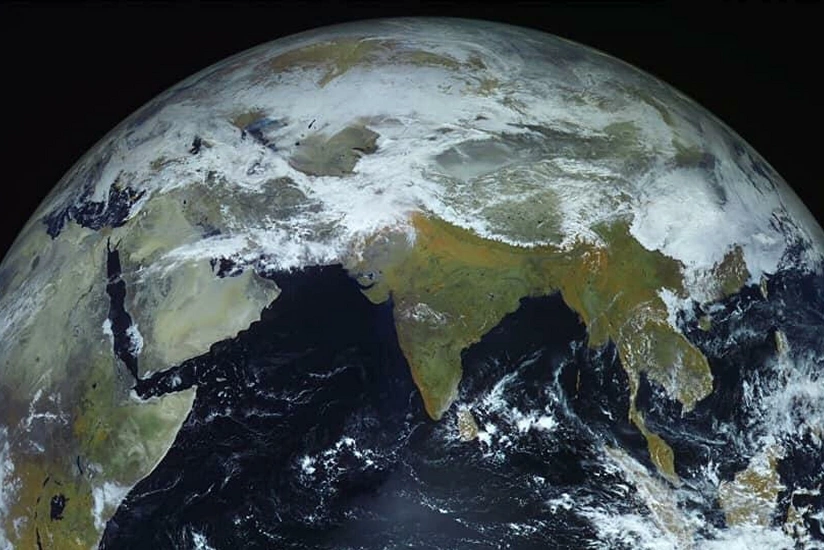2020 tied with 2016 for Earth’s hottest year
- 08 January, 2021
- 10:46

The year 2020 tied with 2016 for the planet’s warmest on record, capping off the warmest decade ever observed according to new data released Friday by the Copernicus Climate Change Service, a European Commission program.
Each of the past six years has been hotter than all of the years before 2015 in a temperature record that dates back to the late 19th century, Copernicus reported. Globally, 2020 was 1.08 degrees (0.6 Celsius) warmer than the 1981-2010 average and about 2.25 degrees (1.25 Celsius) above the 1850-1900 preindustrial period.
The climate agency released its year-end numbers Friday ahead of NASA, the National Oceanic and Atmospheric Administration, and Berkeley Earth, which will weigh in on Jan. 14. They are expected to rank the year as either the first or second-warmest on record due to slightly different ways of measuring global temperatures.
In the Copernicus data, 2020 would have held the number one ranking by itself if it weren’t for a slightly cool December, relative to the rest of the year. This is alarming to climate scientists since 2016′s record was aided by a large natural climate cyclone known as El Niño, which features above-average sea surface temperatures across the tropical Pacific Ocean near the equator.
An unusually intense El Niño event occurred in 2016, adding more heat to the atmosphere and changing global weather patterns. But instead of El Niño being present this year, the phenomenon’s colder sibling, La Niña, took hold in the tropical Pacific.
Characterized by cooler than average ocean temperatures, La Niña years tend not to set global all-time high-temperature records.
If one pictures global warming as a car rolling down a hill, El Niño acts as a gas pedal, speeding up the descent, whereas La Niña serves as a modest application of the brakes.
What’s happening now, scientists say, is that even La Niña years are setting global temperature records due to the overpowering influence of human-caused warming from decades of greenhouse gas emissions. It’s as if the climate system reached for the brake and found it doesn’t work, so the car kept speeding up down the hill.
